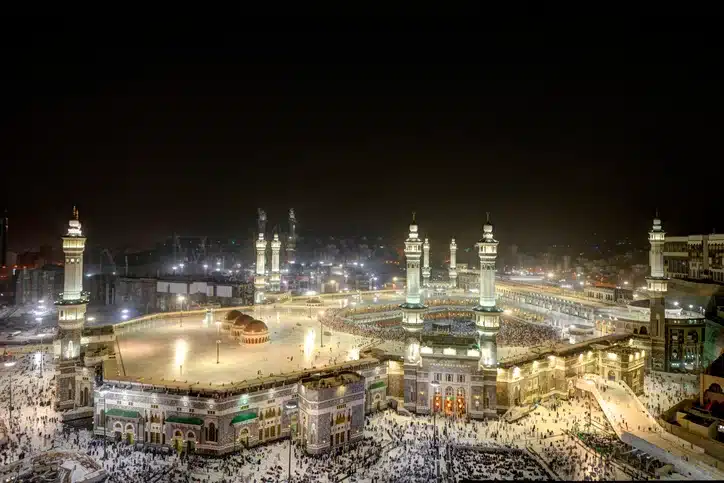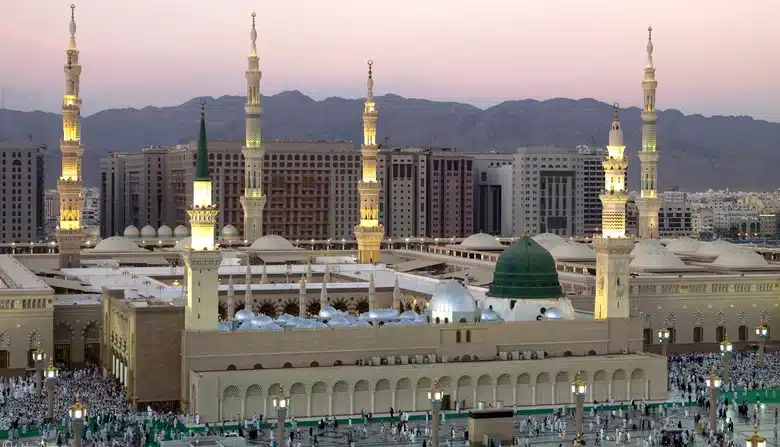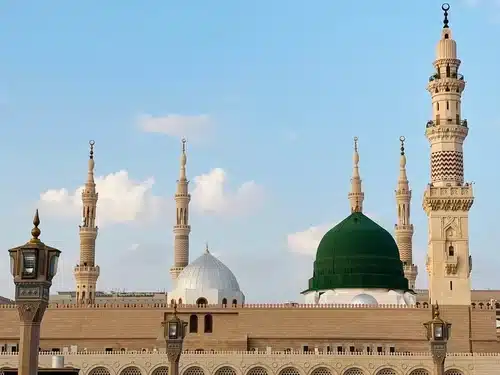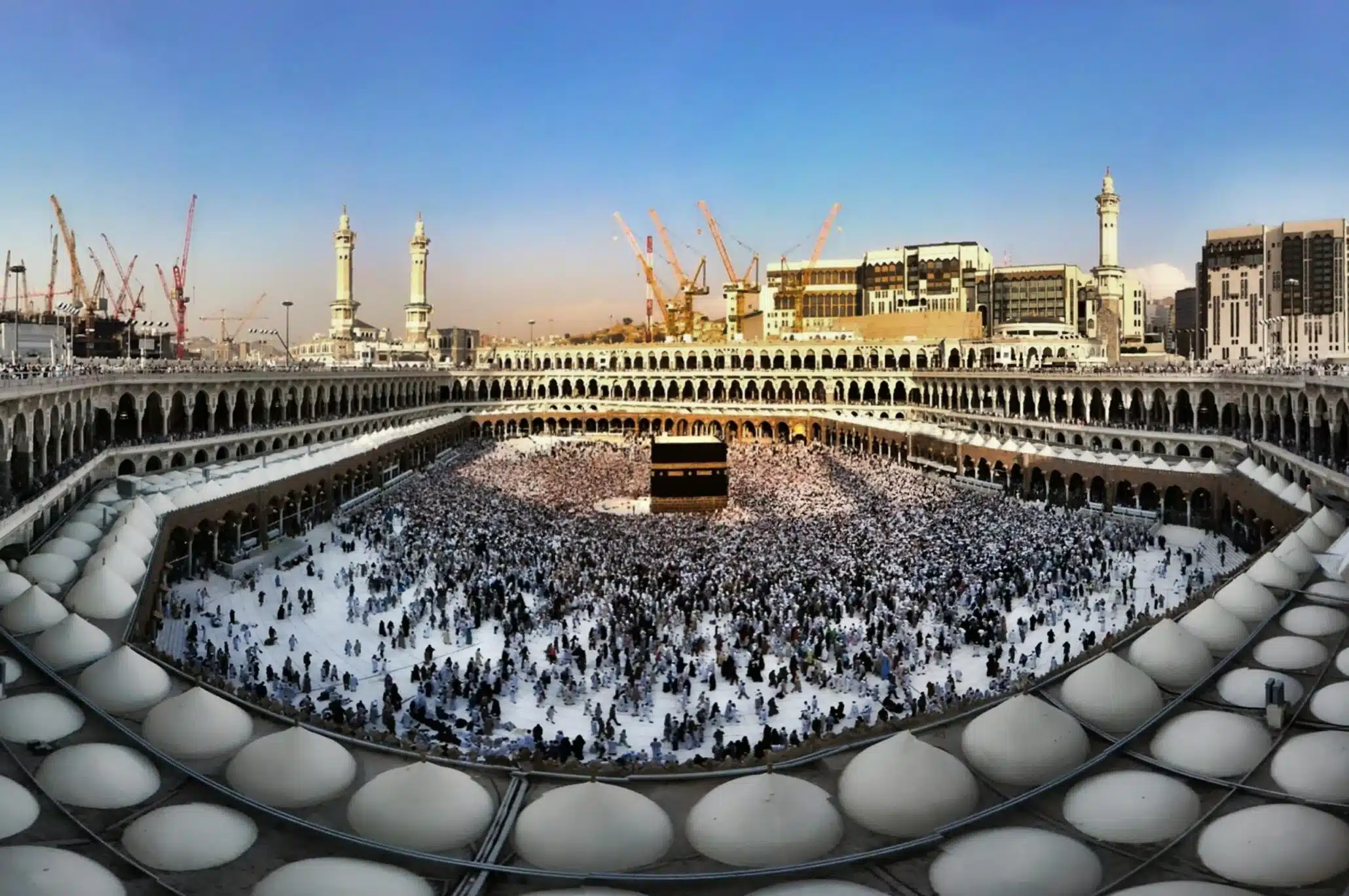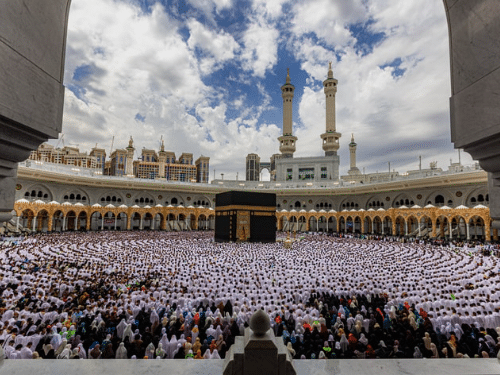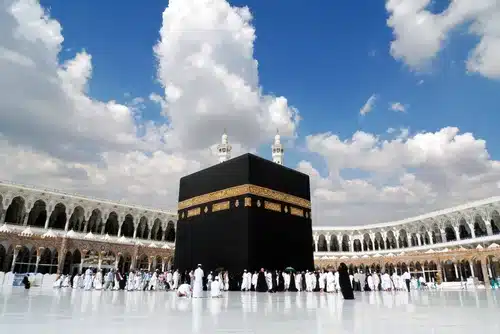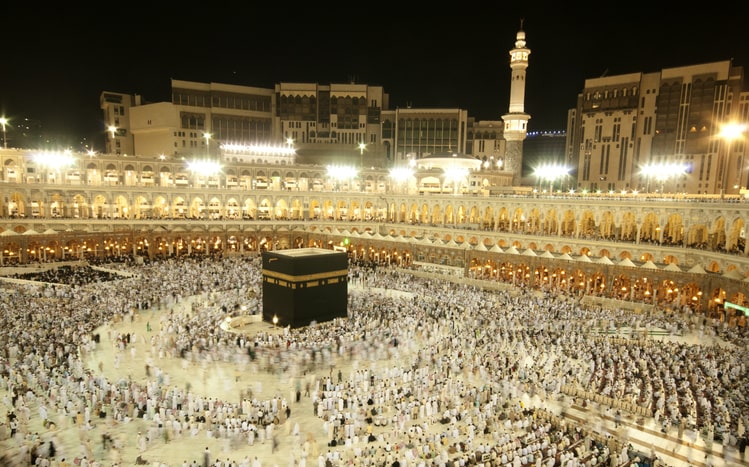Friday Prayer – Allah (SWT) Forgive Sins On Friday
Importance of Friday in Islam: –
Friday, also known as Jummah is one of the most blissful days of the week in Islam. The importance of Jumma can be judged by the fact that there is a Surah in the Holy Quran by the name of “Al-Jumma”. Virtues are multiplied on this auspicious day. That is why Muslims are encouraged to engage in charitable endeavors on this day. According to a narration, there is an hour on Friday prayer in which Allah accepts all the supplications. So it is very beneficial to spend Jummah supplicating and invoking Allah the Almighty.
Jummah Rewards
A great reward is also for passing salutations to the prophet Muhammad (PBUH) on Friday. Similarly, there Allah is pleased immensely when a believer performs good deeds on this auspicious day. It is also known to us through ahadith that Allah forgives sins on Friday. Even the fire of Hell is not flared on this reverent day. Another important thing about Jummah is reciting Surah Kahf. Reciting Surah Kahf on Friday helps to protect against hardships and evil, especially the fitnah of Dajjal.
Some of the greatest events took place on Friday. Allah created Hazrat Adam (AS) on Jummah. He entered Heaven on Jummah. He was expelled from Heaven on the same day, while he died also on Jummah. The Day of Judgment will also take place on Friday. One of the greatest verses of the Holy Quran was also revealed on this day: –
“This day, I have perfected your religion for you, completed My Favor upon you, and have chosen Islam as your religion.” (Quran 5:3)
Allah revealed this verse when the Prophet Muhammad (PBUH) performed his final pilgrimage to Kaabah and delivered his farewell sermon in the plains of Arafat.
He showers His blessings upon the believers abundantly on this day. So make the most out of this great opportunity and ask your Lord for his bounties.
Significance of Friday prayer in Islam: –
The meaning of Friday is the congregation. Every Jummah, Muslims offer the congregational Jumma prayers. Friday is like weekly Eid for Muslims. There is a great reward for celebrating Jumma by bathing, clipping nails, putting fragrance, applying Surma in the eyes, and going to the mosque for Friday prayer. It is Sunnah to do so.
Jummah prayers are obligatory upon men. Muslim men are ordered not to ignore Jummah prayers due to any work, study or any worldly matter. If a person does not offer Jumma prayers three times consecutively, he is considered to be out of the bounds of the religion of Islam. The significance of the Jummah prayer is so immense that in the entire Muslim countries world breaks from all worldly affairs for Friday.
Jummah prayer is offered in the same manner as any other prayer. However, there is a religious sermon, khutbah which is an integral part of Jummah prayer that must be listened to. These sermons increase knowledge and guide individuals to the straight path. The topics chosen are usually of ongoing social scenarios so as to create awareness among the people.
The social significance of Friday prayer: –
Even if people are not able to offer the obligatory prayers in the mosque, they make sure they offer Friday prayer. This gives a chance for people to interact with each other. The sense of brotherhood and unity is very important in Islam. Islam is a religion that talks about the collective good of society.
This is the reason why Jumma prayers are so much emphasized. Many organizations that work for charitable causes organize their camps at mosques after Jummah prayer timings so that they can get donations from people who come to offer prayers. Likewise, if people have any problem or issue they can discuss it with fellow people whom they can trust after Jummah prayer. They can also seek guidance from the learned scholars who are present at mosques.
The blessings of Friday prayer as told by our beloved Prophet Muhammad (PBUH): –
”When the Jummah comes, at every door of the Masjid there stands Angels who write down (the names of) those who come First, then who comes next. When the Imam sits down, the records are closed and they come to listen to the reminder, i.e. the Khutba….”






